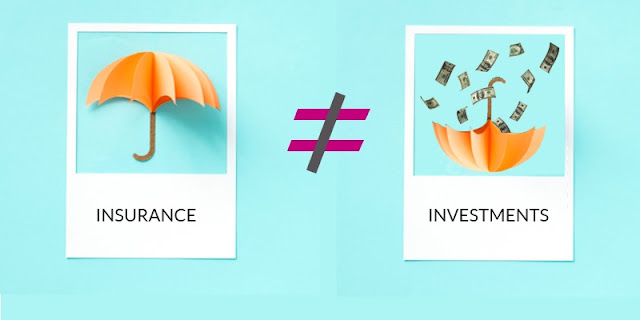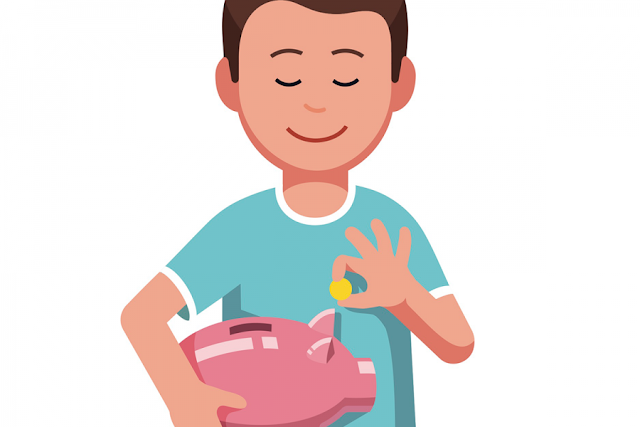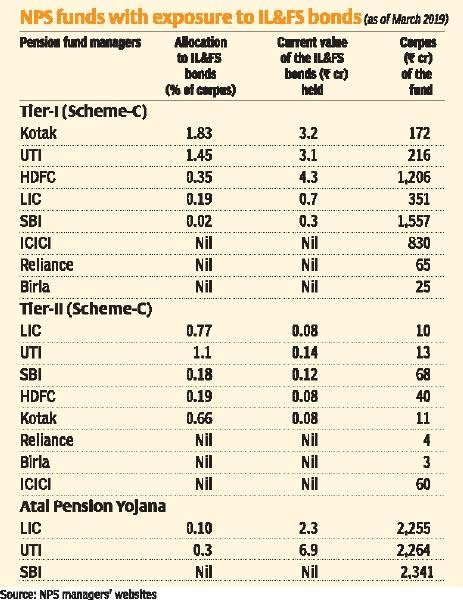What's there in the budget for me?!

The original plan was to publish the Evergreen Budget blog that we put last year. But one of my acquaintances told me - "Dei, Budget la enna sonnanganu oru blog ah ezuthi share pannu". Instinctively I told her, we have a evergreen budget blog and will share that. But as an after-thought, I took her comments as "God's" nudge and decided to write one. Afterall I was getting alarmingly lazy at writing and needed a good nudge. So here’s the Droplet's Budget 2023 Nugget. Ahem! Oh hold on! This is not about the tax regimes and neither about non Linked Insurance payouts soon attracting tax payments. These are almost common knowledge now. So what's the bigger take away for us from this Budget. It is "Spending". I pretty well know most of us here are PhD's in spending and that too not by doing some theoretical course but by hard labors of actually Spending more than we earn and can barrow! So what can we learn from Govt's spending ...











